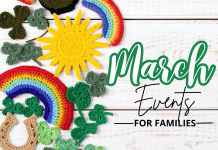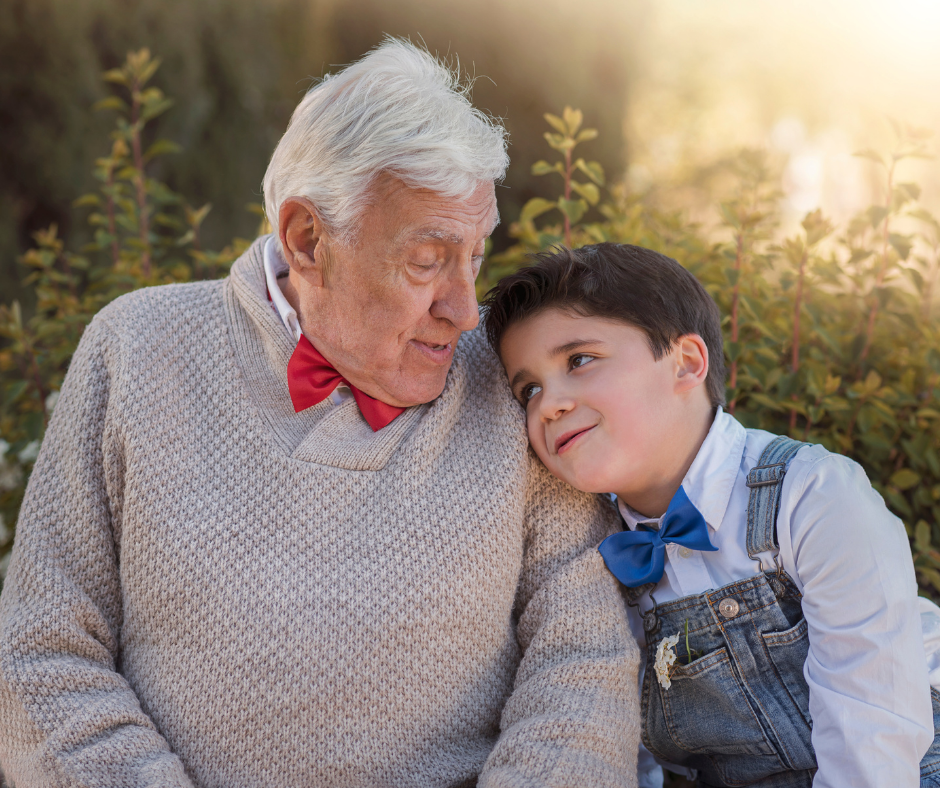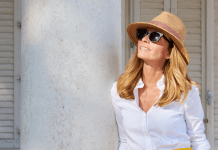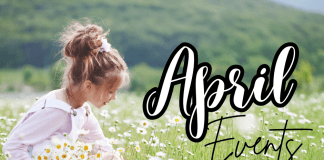In times like these, I am a generation between. I am caring for my kids and my parents.
Two Generations
I hold the hands of my daughters, so tiny and smooth. There are no wrinkles, no sunspots, no scars. It’s like touching glass. I tell them, it’ll be okay. We will get through this.
Later that day, I hold the hand of my father. There are wrinkles in this hand, bruises from where he’s fallen. His right hand lays limp on his thigh—it’s been 12 years since it’s been used. It’s like touching leather. I tell him, it’ll be okay. We will get through this.
In times like these, I am a generation sandwiched between two worlds. I am the population of adults splitting our caregiving abilities between the care of younger children and the care for aging parents. And as any of us will tell you, it isn’t easy.
There are many of us, as the baby boomers start to fall. Many of us have had children later in life and so we are caring for the child that cries for us during the night and the father that asks for us during the day. We search for the right place to take care of our parents—a nursing home, a residential care facility, hire caregivers—because we cannot take care of them at home ourselves. Or we build an extra room in our house to care for our mother, find a relative who has an ounce of extra space for our father, or we move into the home of our parents and try to maintain a sense of normalcy.
We do all of this while our young children watch on, still needing the same amount of love.
Pandemic Losses
With the pandemic, nothing has been more apparent than the way I feel pulled in two directions. I am home with my daughters more than ever, as schools have greatly reduced time spent in person and they are only four and six years old. Still babies in my heart, I am their mother and I will care for them. I will cook and clean and grocery shop. I will educate and play and teach and do all the things that we as mothers are being called to do in the space of our homes. A home wrapped in toys and crumbs, a home warm with love and laughter.
I will simultaneously care about my parents. My father lives in a residential facility, as his level of needs are beyond what my mother or I can do alone. He had a massive stroke 12 years ago, a brain injury so deep that he is no longer able to speak or write. He is paralyzed on the right-hand side and he needs full time care. I was there when the stroke happened, so sudden and so lethal. I saw him collapse, never to walk without assistance again.
Before the Coronavirus fully enveloped the world, I was in the process of moving my parents from Orange County to Thousand Oaks, which is usually a two- to three-hour drive through heavy Los Angeles traffic. I had successfully moved my father so that he lives 10 minutes away from me. And then quarantine happened. Then the world shut down. With the restrictions on visitors to assisted living facilities, nursing homes, and residential care facilities, the hand I used to hold was no longer held. For over a year, I saw him through masked visits outside, six feet away, untouched. He was finally in the same city as me but because of a rapid spreading virus, I could not see him.
Throughout the stress of last year, I was somehow able to help sell my mom’s house—my childhood home—and move her to a two-bedroom townhome just five minutes from me. I am grateful she is so close, though I know she mourns the loss of her old life, a life that was at one time so full. Full of lunches with friends, painting classes, and Monday night dinners with a group of friends self-dubbed the ROFs (Retired Old Farts). With the move and the pandemic, she has had to stop such things. It is difficult watching her leave behind the small things that gave her joy in order to be closer to me so that I may one day care for her when she no longer can.
It is a truth that hurts.
I Am Not Alone
There are many of us worried about our children’s health while also worrying about our parents’ wellbeing. Grocery shopping in eerily masked stores with two lists: one for our family and one for our parents. Assisting in doctor appointments for our fathers and making a separate appointment for our children. Cooking dinner that feeds the mouths of our children, while also the mouth of the one we call Mother.
Our culture is one that fears death, even when it stares at us in the face. We watch our parents fall from dementia, Alzheimer’s, strokes, cancer, broken hips and broken hearts as we hold our hopes in oftentimes an overwhelming variety of doctors. We grip our parents’ hands through the myriad of appointments, we listen to their fears of growing old, we take in their pain like a sponge because at one time, they did the same for us.
We are a generation between.
Now that my parents and I are all vaccinated, I can see my father again. He is finally able to come to my home, and I watch with joy as his wheelchair scrapes over the threshold. We celebrated his birthday last week and went out to a restaurant for the first time in over a year. I feel more comfortable seeing my mother and coming to her house to help her move a few plants, make some lunch, or have my husband take a look at a printer that no longer works. I try to help in the little ways I can.
The Things We Hold
I will always hold my daughters while they cry because a tower of blocks they so meticulously built falls over. I will always feed them, clothe them, shelter them, care for them, love them. I do this because I am their mother.
I will always hold my parents while they worry about their health—my father’s handicaps, my mother’s autoimmune diseases. I will always visit them, cook for them when I can, offer comfort, give grace. I do this because I am their daughter.
There are times when the darkness casts a layer over my heart and I wonder, who will hold me? I try to make time to hold myself, even if it is simply holding space. Space to tell my children that I cannot play with them right now. Space to not answer my mother’s call. Space to ask my husband to watch the kids so I can close my door and just breathe.
As mothers, we are so good at holding others.
In times like these, while we are sandwiched between those we love, we can’t forget to also hold ourselves.



















Absolutely beautiful article. Thank you!